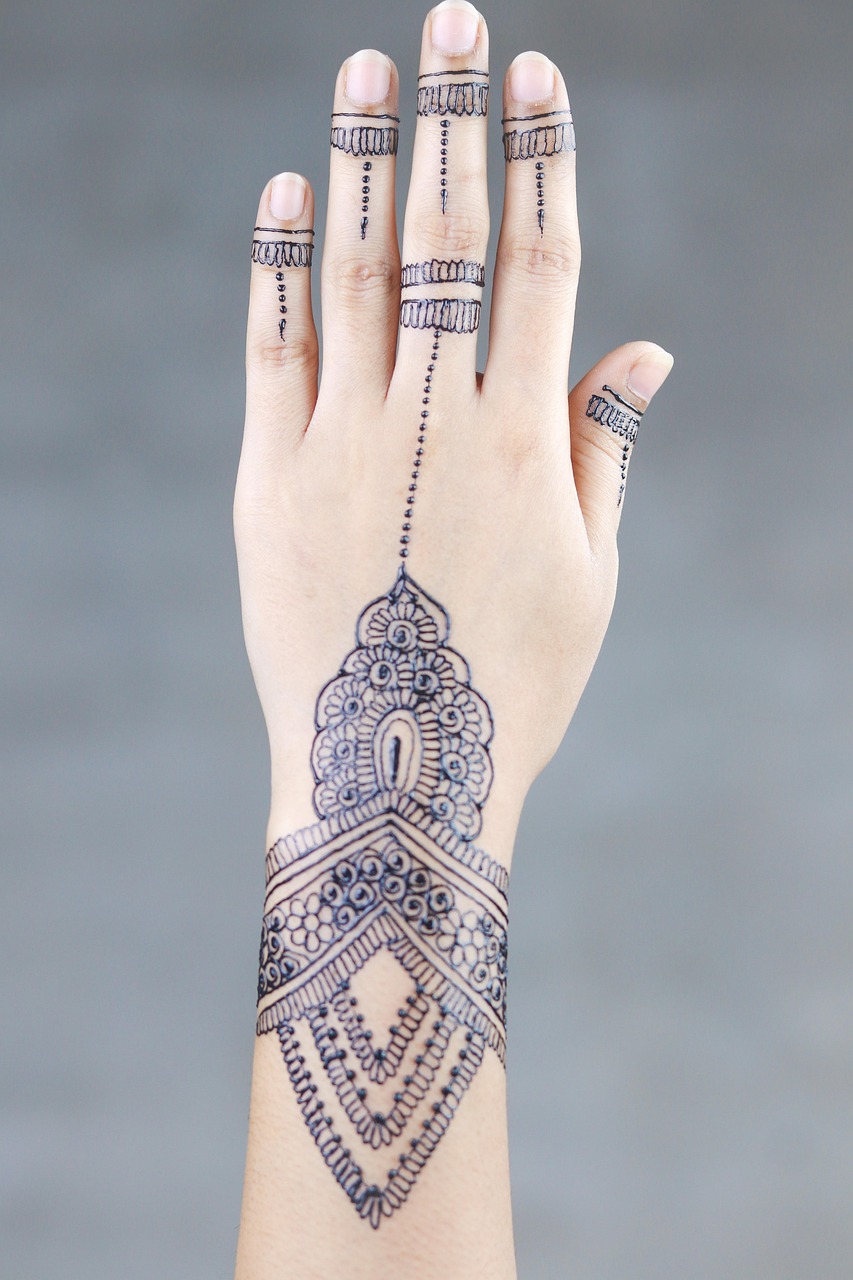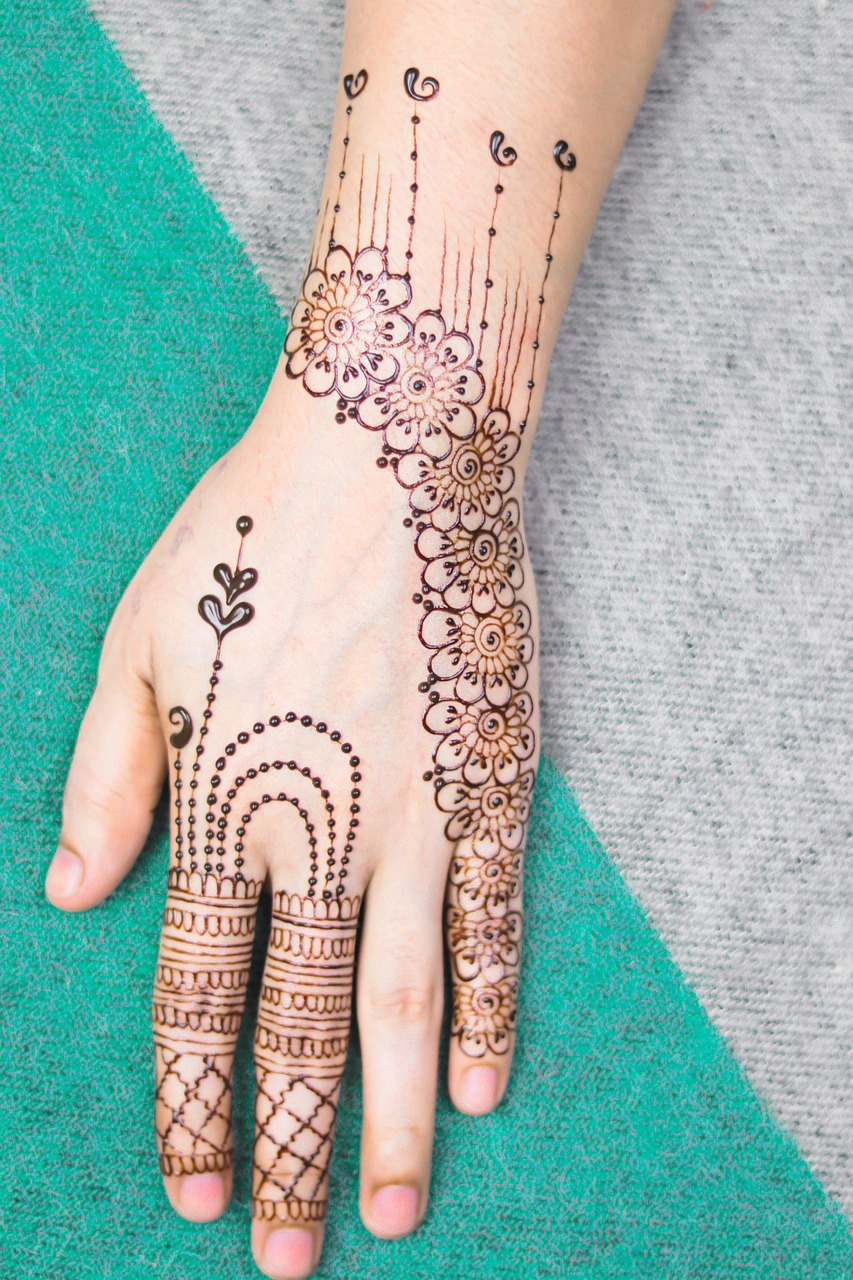Trending Mehndi Designs for Menâs Hand: Simple, Stylish, and Unique Ideas
Mehndi designs are no longer exclusive to women; men have started embracing this age-old tradition too. Whether itâs for a wedding, festival, or just an artistic statement, mehndi designs for menâs hands have become a popular trend. These designs are minimalistic, meaningful, and often represent masculinity with clean geometric patterns, tribal art, or symbolic motifs.
In this blog, weâll explore unique aspects of mehndi design for menâs hand, answer common questions, and share some practical insights to help you choose or create the perfect design for any occasion.
Exploring Masculine Elements of Mehndi Design for Menâs Hand
Unlike the ornate and floral patterns traditionally associated with women, mehndi designs for menâs hands focus on bold, clean, and simplistic patterns. These include geometric shapes, tribal patterns, modern art, religious symbols, and sometimes a mix of all.
This shift in design has made mehndi a popular choice for grooms who want to add cultural depth to their wedding look or simply stand out in celebrations.
What are the Popular Mehndi Designs for Menâs Hands?
Men tend to lean toward designs with sharp lines, minimal detailing, and symbolic meaning. Some of the trending designs include:
- Tribal Patterns: Bold and modern, these designs exude masculinity and tradition.
- Arabic Art: Sleek diagonal lines combined with minimalist patterns for an elegant look.
- Personalized Elements: Inclusion of meaningful symbols like initials, dates, or religious motifs like Om or crosses.
Fact: The Growing Popularity of Mehndi for Men
According to a report by WeddingWire, 25% of groomâs side wedding preparations now incorporate mehndi services exclusively tailored for men, showcasing the growing acceptance of this trend.
Traditional vs. Modern: A Key Insight for Mehndi Designs for Men
When it comes to mehndi design for menâs hand, thereâs often a debate between sticking to traditional designs or experimenting with modern ones. While traditional designs like mandalas or paisleys carry cultural significance, modern designs focus on current trends and minimalism. Choosing between the two often depends on the event and personal preferences.
How Can You Customize Mehndi for a Groomâs Wedding Look?
Customization is key to making a statement. Grooms or men attending festivities can opt for designs that complement their attire. For instance:
- Sherwani Motifs: Incorporating elements from their clothingâs embroidery into the design.
- Cultural Symbols: Using motifs like the Kalgi (turban brooch) or baraat (wedding procession).
- Couple Personalization: Adding initials or symbols that tie into their partnerâs design.
Case Study: Adding a Personal Touch
One groom, as shared on the WedMeGood Instagram page, added the coupleâs wedding date and a mandala-inspired spiral on his wrist as part of the mehndi design. It complemented the brideâs intricate look while remaining sharp and minimalistic.
Best Practices for a Perfect Mehndi Design for Menâs Hand
Getting a flawless mehndi design isnât just about the artistry; it also involves preparation and care. Follow these tips to ensure the best possible results:
- Ensure your hands are clean and dry before applying mehndi.
- Experiment with sketches or stencils beforehand to determine the design positioning.
- Use natural mehndi paste to avoid skin reactions and ensure deeper pigmentation.
- Leave the paste to dry for 6-8 hours for the best stain.
What Are Some Unique Placement Ideas for Menâs Mehndi?
Unlike traditional palms, men can explore unique placements such as:
- Back of the Hand: Ideal for geometric and minimalist patterns.
- Wrists & Forearms: Perfect for tribal or band-style designs.
- Fingers Only: For a sleek, edgy look thatâs less traditional.
Expert Insight: Tips from Mehndi Artists
Famous mehndi artist Veena Nagda advises in an interview with Vogue India: “For men, keep it simple yet sharp. Incorporate linear patterns and symbols that resonate personally. Thatâs how it stands out without overwhelming.”


